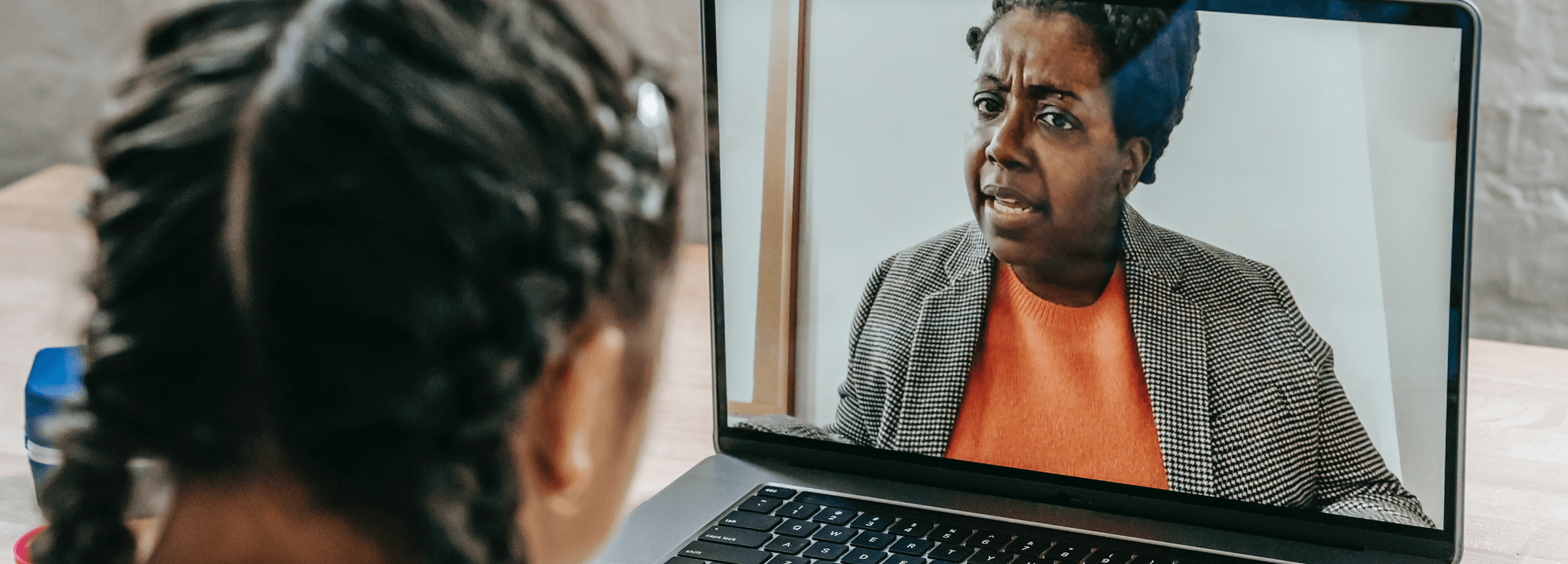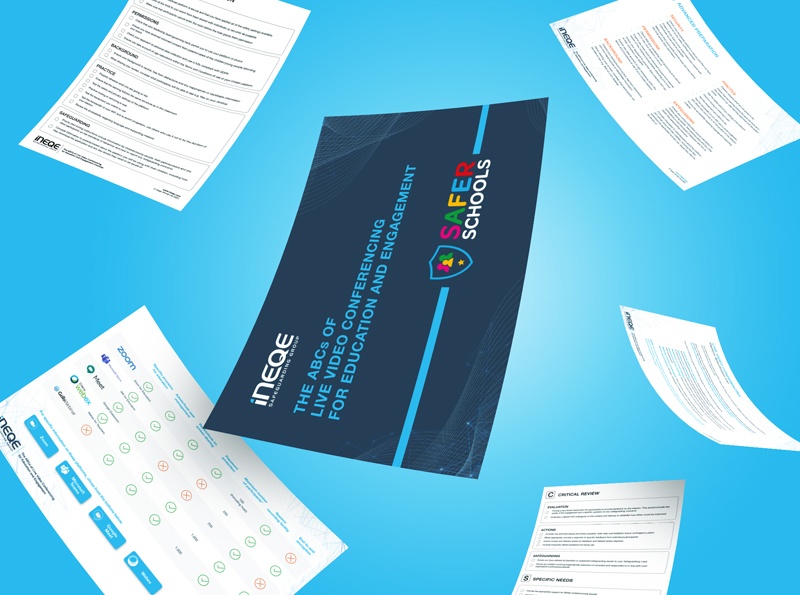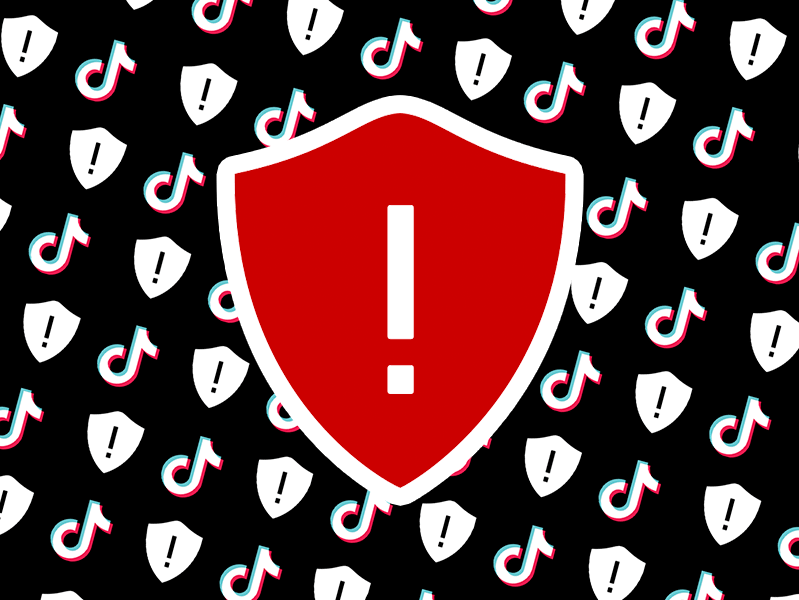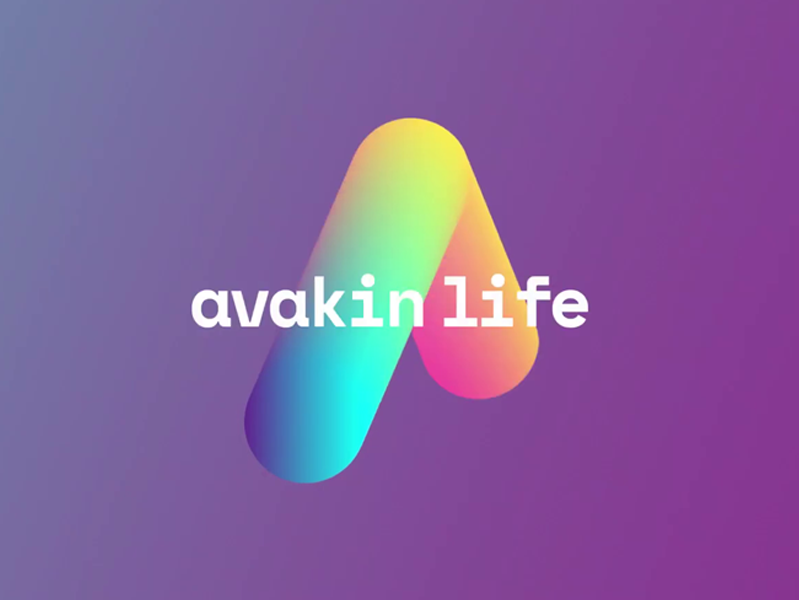This is a safeguarding alert following multiple reports of a new surge in ‘lesson bombing’ during remote learning classes at schools.
We have been alerted to a recent trend in ‘online lesson bombing’ from police forces, members of Our Safer Schools Community, and news reports. In one area there have been 15 recent incidents of ‘lesson bombing’.

So what exactly is ‘lesson bombing’?
‘Lesson bombing’ involves online intruders being given access into remote learning environments. The trend is being used as a way for pupils to prank classes, disrupt lessons and be rude to teachers. It can include sharing inappropriate content and using abusive or threatening language towards educators.
We’ve been alerted to two different instances where this may happen.
- Pupils may intentionally share their school login details with an external person, allowing them to freely gain access.
- Pupils may share the ‘invite’ to the class to an external person, who then must be allowed into the virtual classroom by the teacher.
We’re concerned that pranks may, in some cases, go too far – including the sharing of inappropriate material which has happened in the past.
What are the risks?
While young people may be attracted to the joke or thrill of having something eventful happen during an online lesson, there are a few risks that require their attention.
What can you do to protect the children in your care?
Resources:
- NSPCC – Undertaking remote teaching safely
- SWGfL – Safe Remote Learning Guidance
- Live-streaming and video-conferencing: safeguarding principles and practice (Wales)
- Education Restart – Guidance for School and Educational Settings (Northern Ireland)
- Safeguarding and remote education during coronavirus (COVID-19) (England)
- Remote Learning Guidance (Scotland)
Join our Safeguarding Hub Newsletter Network
Members of our network receive weekly updates on the trends, risks and threats to children and young people online.










